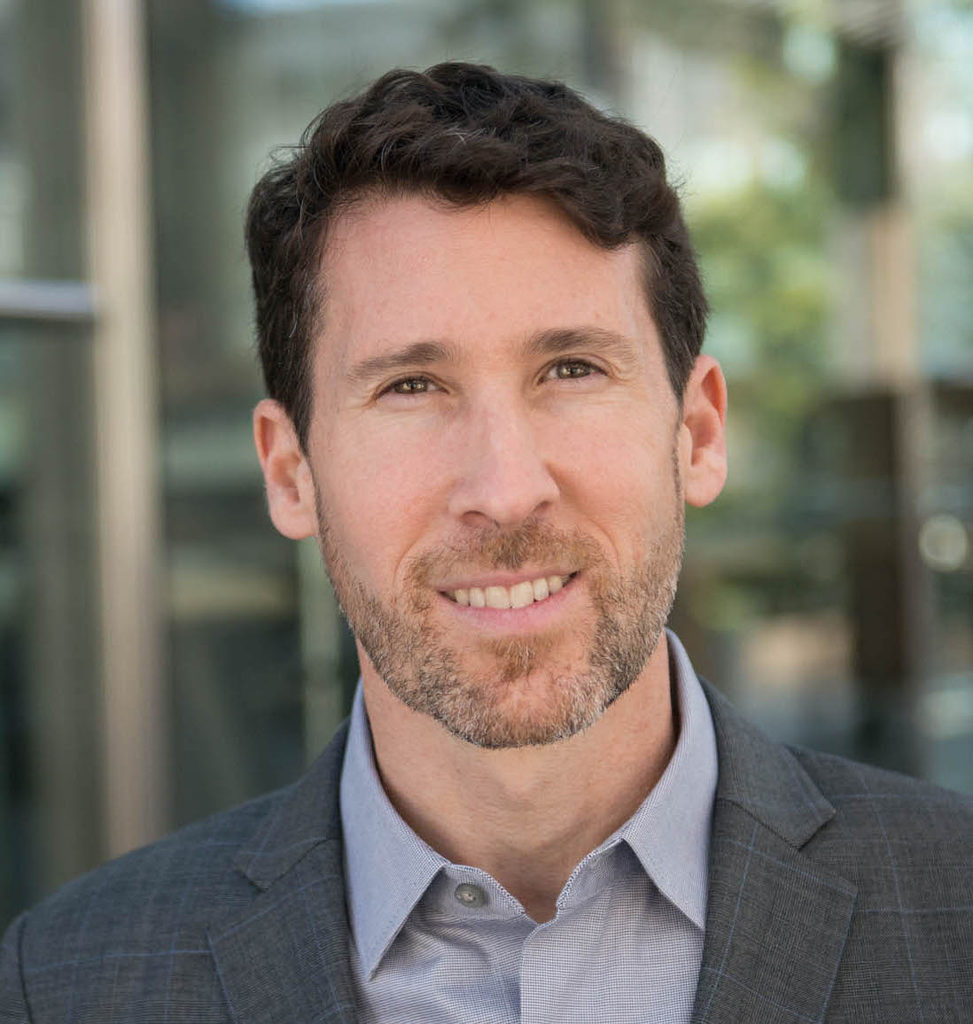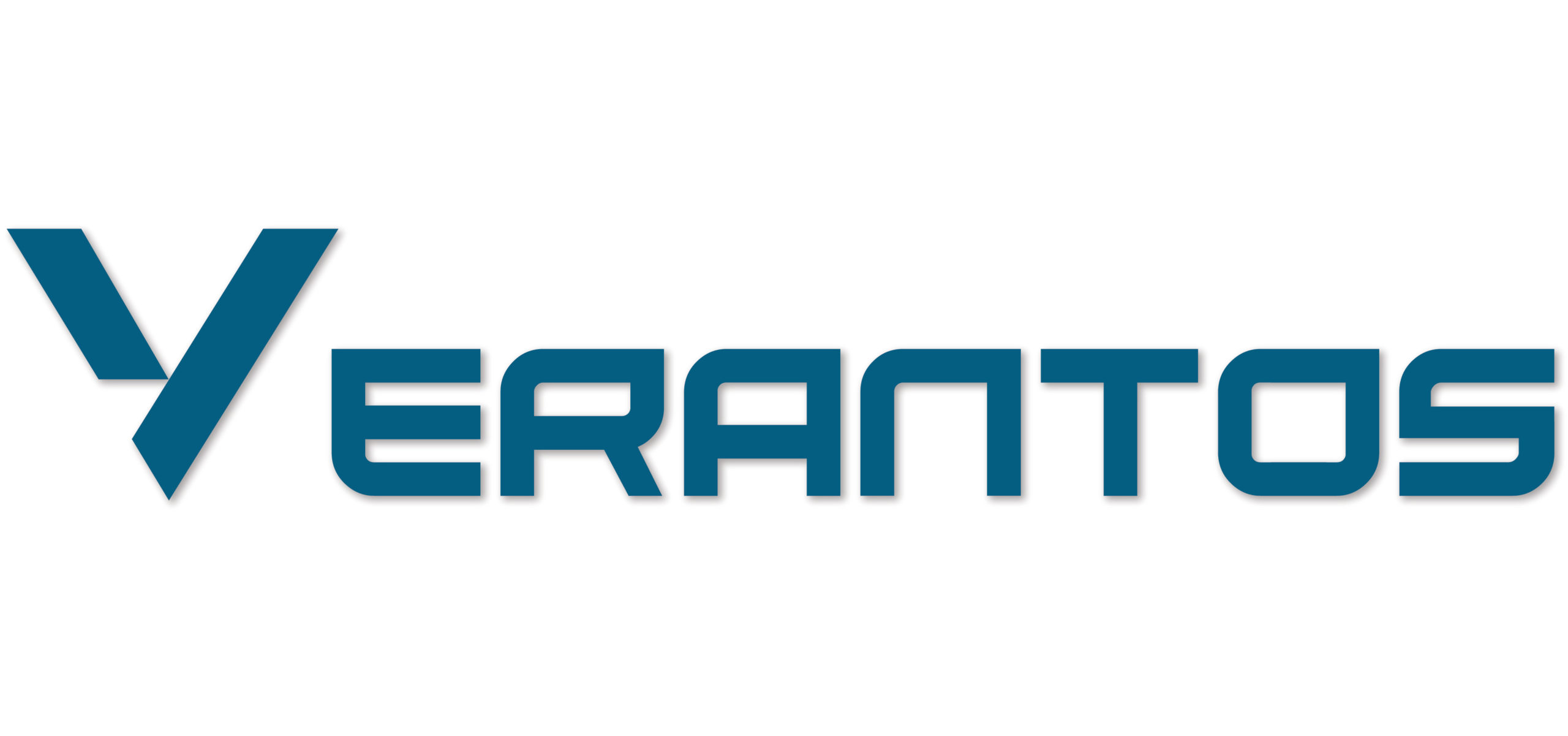Most claims and electronic health record (EHR) data used to make medical claims to payers and regulators is only about 30% to 70% accurate. That is one reason why the 21st Century Cures Act and related regulation pushes for the incorporation of valid real-world evidence (RWE) in clinical and regulatory decisions. But most companies have limited experience incorporating RWE in clinical or regulatory submissions nor do they have the ability to turn EHR data into regulatory-grade information.
 Dan Riskin, MD, MBA wants to change that by establishing “the best RWE firm in the world.” And as the Founder and CEO of Verantos, he is on the path to realizing that dream. Dr. Riskin describes Verantos as the world’s first digital contract research organization (CRO). That’s because the company is focused on data, specifically using natural language processing (NLP) and artificial intelligence (AI) to uncover highly accurate information from EHRs that payers and regulators can trust. PM360 spoke with Dr. Riskin about how he is achieving this, the benefits this serves to pharma companies, and the even greater benefit RWE can have for patients.
Dan Riskin, MD, MBA wants to change that by establishing “the best RWE firm in the world.” And as the Founder and CEO of Verantos, he is on the path to realizing that dream. Dr. Riskin describes Verantos as the world’s first digital contract research organization (CRO). That’s because the company is focused on data, specifically using natural language processing (NLP) and artificial intelligence (AI) to uncover highly accurate information from EHRs that payers and regulators can trust. PM360 spoke with Dr. Riskin about how he is achieving this, the benefits this serves to pharma companies, and the even greater benefit RWE can have for patients.

PM360: Why did you decide to found this company?
Dr. Dan Riskin: I’ve been working in digital health for a long time. Previously, I served on the Obama Campaign Healthcare Advisory Committee and I also built Health Fidelity, a value-based healthcare company. During that time, the thought was always that the first decade of EHRs and value-based healthcare was about growing infrastructure and getting the information, while the ultimate goal was to make healthcare better by using data to create precision medicine. So, this company is about achieving a career goal of pushing precision medicine forward and using data to enhance daily care.
How then are you using data to improve care?
From our standpoint, most of the claims data and EHR structured data being used to make assertions to the FDA or payers about drugs is not regulatory grade. While you may be able to use data that is 30% to 40% inaccurate to make a general claim that one drug is twice as good as another drug, the fact is most medical claims are that a drug is only 10% or 20% better. And in those circumstances, you need to use highly accurate data in order to prove that smaller effect size. Our company works within the EHR, pulls the information out, and uses NLP and AI to get high-accuracy information and then validates the data. By doing that in a turnkey fashion, we’re able to create high-quality studies that we believe are regulatory grade.
Considering much of the data within EHRs is unstructured, how are you able to successfully mine and analyze it?
It’s very hard, and this is where a couple of decades of experience on our part makes a difference. Within a sentence, NLP can find a disease and suggest a patient may have it, but it can’t create information where information doesn’t exist. If the sentence says “the patient is being admitted to rule out heart attack,” NLP cannot say whether that patient had a heart attack. But AI can find patterns well beyond the sentence by looking for EKG changes, chest pain, blood tests, etc., and can determine if it was in fact a heart attack.
Ultimately, these are the building blocks of an RWE study. When we look at RWE today, much of it is done by registry and claims data. We believe that there will be a transition over to increasing use of EHR because claims data isn’t accurate enough and the registries are expensive and difficult. We use a combination of NLP and AI within the EHR and then implement chart abstraction with 10% to 20% of the records in every study that we do. Once we complete the study, we include a validity report that says how accurate each data element is, which can help a regulator or a payer decide whether it’s believable.
What makes you different from traditional CROs?
We are not building registries or running randomized controlled trials (RCTs). We work with other CROs that do that, and we very much appreciate their expertise, but our expertise is very different. We’re experts in data. We know how to move information securely and privately, how to process that information in compliance with national and global laws and regulations, and how to create the protocol in such a way that we’re reducing bias. So while we don’t run RCTs, we can augment an RCT with EHR data to create a pragmatic trial or create a fully synthetic study or study arm from EHR data.
What other services do you offer that can help pharma?
Most pharma firms come to us for one of three things. Number one: EHR-based studies that no one else can run. For instance, if you have an inclusion criterion like diabetic retinopathy, which is very rarely documented correctly in the EHR, the only way to get it done is with NLP and AI. The second thing: Running high-accuracy studies sufficient for regulatory submission, which can be a synthetic arm or a full study. The third: Creating a high-quality registry from an EHR, which is essentially a synthetic registry that will augment an existing registry or be used as standalone.
What are your long-term goals for the company?
Currently, we have RCTs in which everyone is treated the same. We want to show that people are not all the same, and enough data is in the system to run high-quality studies to create what we call precision medicine by using EHRs, patient-reported outcomes, genomics, and all the other data sources available to run sub-group analytics and comparative effectiveness to define a much more refined standard of care. In fact, I want us to be able to run so many studies on so many sub-groups and so much comparative effectiveness that every patient benefits from the treatments and outcomes of prior patients.







